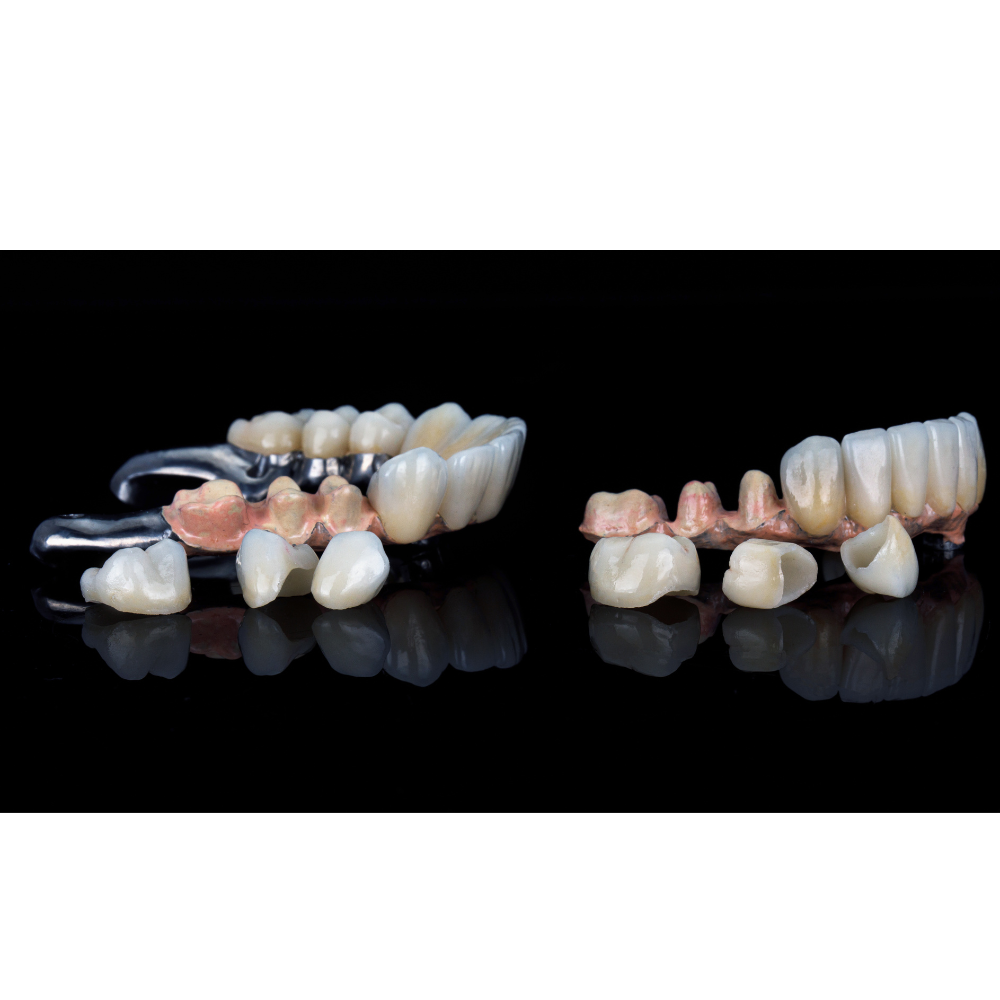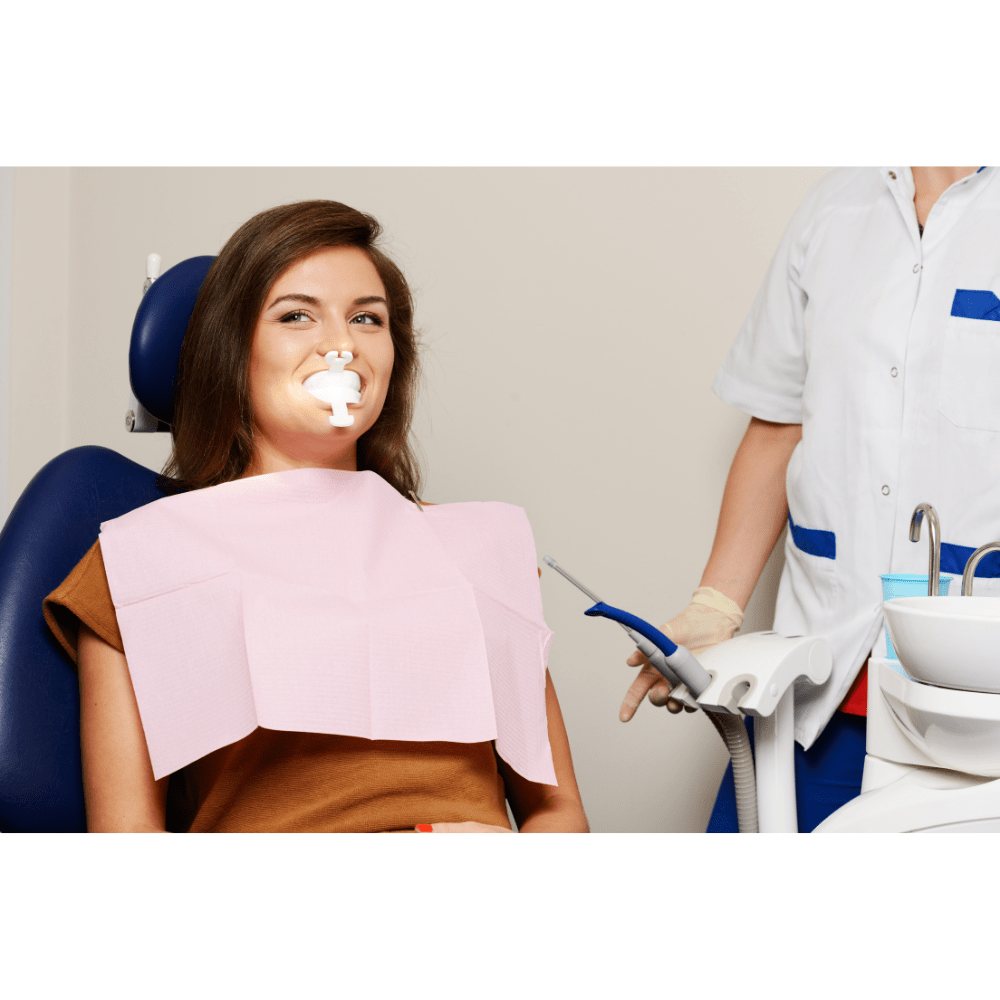Why Does Chocolate Hurt My Teeth – The Potential Reasons
Chocolate’s rich and velvety taste is a beloved treat for many. Chocolate’s allure is undeniable whether it’s a simple candy bar or a decadent dessert. But, you may feel or some have told you that chocolate hurts my teeth. The discomfort can range from a mild twinge to a sharp, persistent ache.
Different factors contribute to this sensitivity and knowing them can help in enjoying chocolate without the associated pain. This article will provide information like the potential reasons behind this common issue, side effects, and treatment options.
Why Does Chocolate Hurt My Teeth?
Chocolate hurts your teeth and can trigger pain in teeth that are already sensitive due to various factors. The following are the main factors that contribute to tooth pain when eating chocolate:
Worn Enamel:
Over time, enamel can wear down due to brushing, grinding teeth, or acidic foods and drinks. This exposes an underlying softer layer that’s more sensitive.
Receding Gums:
When gum tissue recedes, it exposes the root surface of the tooth which is also more sensitive than enamel.
Exposed Tooth Roots:
This can be caused by gum disease or aggressive brushing.
Cavities:
These can irritate the pulp which leads to pain.
Side Effects Of Chocolate On Teeth
The following are the main side effects of chocolate on teeth:
Sugar Rush:
This is the main culprit. Bacteria in your mouth thrive on sugar and as they digest it, they produce acid. This acid erodes tooth enamel. Weakened enamel is more prone to cavities and can cause discomfort, especially with sugary chocolates.
Acidity Boost:
Some chocolates contain citric acid and tannins which can add to the overall acidity in your mouth. This extra acidity further weakens tooth enamel and increases the risk of cavities and sensitivity.

How To Get Rid Of Teeth Sensitivity To Chocolate?
Limit Chocolate Indulgence:
The less chocolate you consume, the less your teeth are exposed to sugar and potential discomfort.
Opt Dark Chocolates:
Choose dark chocolate with a higher cocoa percentage as it boasts significantly less sugar than milk chocolate.
Fluoride Power:
Use a fluoride toothpaste and consider incorporating a fluoride mouthwash into your routine. Fluoride helps fortify tooth enamel and remineralize weakened areas.
Dietary Choices:
Include calcium and vitamin D-rich foods in your diet as they contribute to strong teeth.
Desensitizing Toothpaste:
Talk to your dentist about desensitizing toothpaste specifically formulated to reduce sensitivity.
Temperature Matters:
Avoid extremely cold chocolate as cold can trigger sensitivity. Opt for room-temperature chocolate or let it melt slightly in your mouth before swallowing.
Home Remedies To Alleviate Pain In Teeth When Eating Chocolate
Here are some home remedies that might offer temporary relief from pain in teeth when eating chocolate:
Saltwater Rinse:
Mix half a teaspoon of table salt with warm water and swish gently for 30 seconds. It can help reduce inflammation and discomfort.
Clove Oil:
Clove oil has a numbing effect and can provide temporary relief from pain. Apply a small amount of diluted clove oil to a cotton swab and gently dab it on the sensitive tooth. You must avoid direct application and never swallow clove oil.
Cold Compress:
Apply a cold compress to your cheek near the affected tooth for 10-15 minutes at a time. The cold can help numb the area and reduce discomfort.
Yogurt:
Plain yogurt contains probiotics which can help maintain a healthy oral microbiome and potentially reduce inflammation. Consume yogurt as part of your diet not as a direct topical treatment.

FAQs
How Can A Dentist Help With Tooth Pain When Eating Chocolate?
Dentists can help identify the cause of your tooth sensitivity and recommend the best course of treatment. They’ll examine your teeth for cavities, cracks, or gum disease that could be triggering the pain. Based on the examination, they’ll diagnose the underlying cause of your sensitivity.
Are There Long-Term Solutions For Teeth Sensitive To Chocolate?
Yes, there are long-term solutions. Desensitizing treatments, underlying cause treatment, or your diet and habits can serve you as long-term solutions.
Does All Chocolate Hurt Teeth?
Not necessarily. Dark chocolate with a higher cocoa percentage contains less sugar and might be less likely to cause pain compared to milk chocolate.
Should I Give Up Chocolate?
No, you should not give up chocolate entirely. Instead, you can limit your chocolate intake and enjoy it in smaller portions. Also, opt for dark chocolate and floss regularly to remove food particles and bacteria that contribute to sensitivity.



